Plants or Crops
All Plants or Crops Content
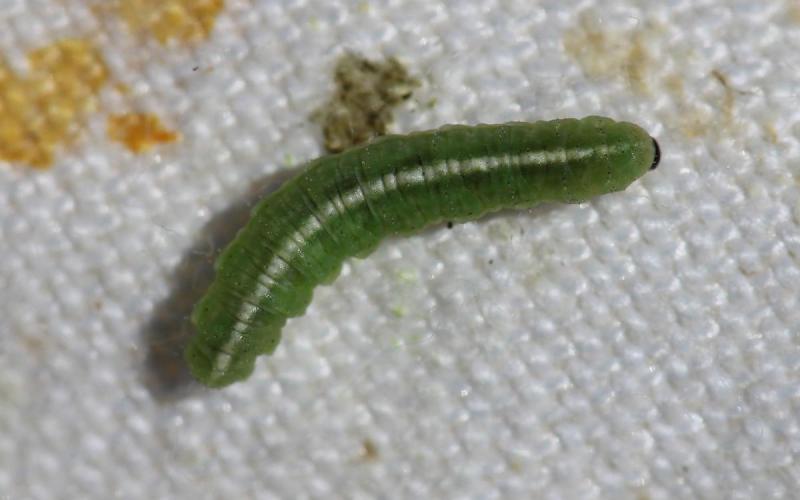
Alfalfa Weevil Activity Prediction Update: June 5, 2024
Although the degree day estimates suggest that alfalfa weevils are no longer active in the fields and should be pupating, scouting has indicated otherwise.

Producing Organic Cabbage and Sweet Corn with Cover Crop Integration and Reduced Tillage: Updates from the SDSU Southeast Research Farm
Research on clover cover crops grown in combination with four tillage and weed suppression methods was conducted at the SDSU Southeast Farm. Vegetable crops trialed included sweet corn and three varieties of cabbage.
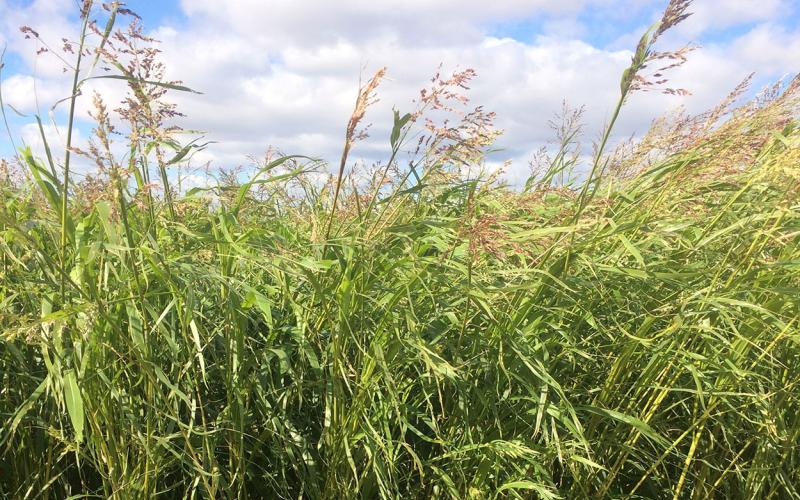
Alternative Forage Options During Dry Times
Although there are many factors to take into consideration, annual forages and cover crops can be an excellent tool to boost forage production, reduce fallow acres, and enhance soil health.
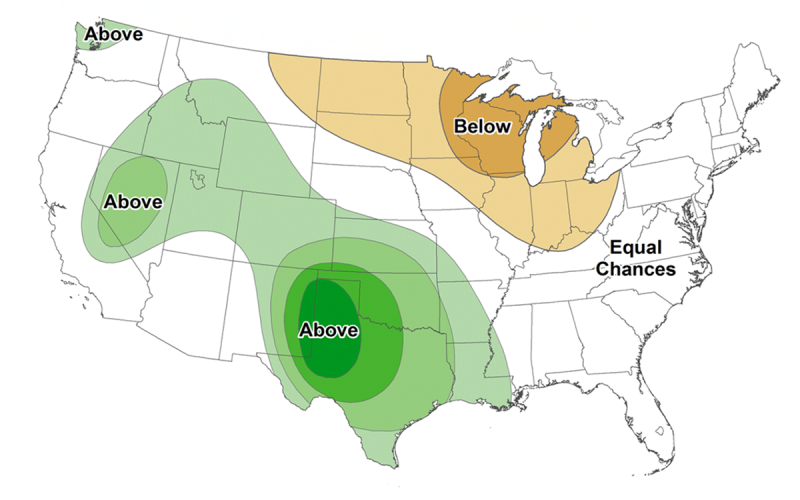
May 2025 Drought and Climate Update
Drought has plagued South Dakota since last year’s growing season. While producers welcome a spell of dry weather for planting spring crops at this time of year, recent moisture will not be enough to carry through the growing season.
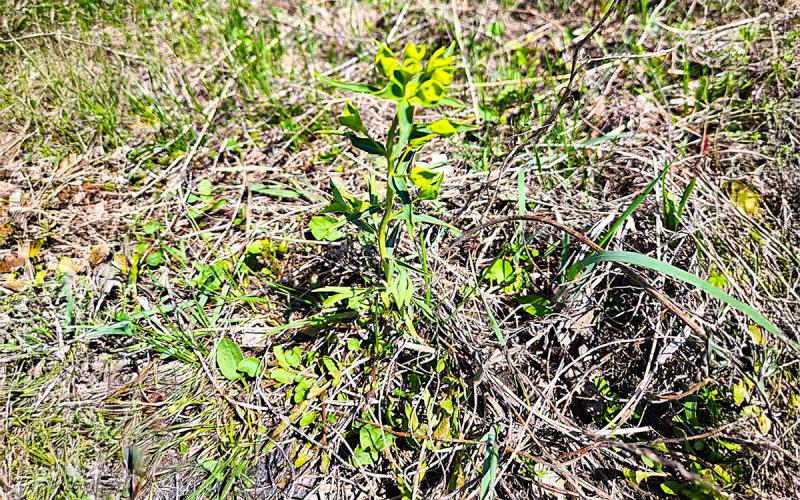
Leafy spurge has germinated and is growing rapidly in South Dakota: Scout carefully!
Leafy spurge can reduce the value and productivity of pasture and displace desirable vegetation. Now is the time to scout for infestations to determine which management tactics will be most effective.
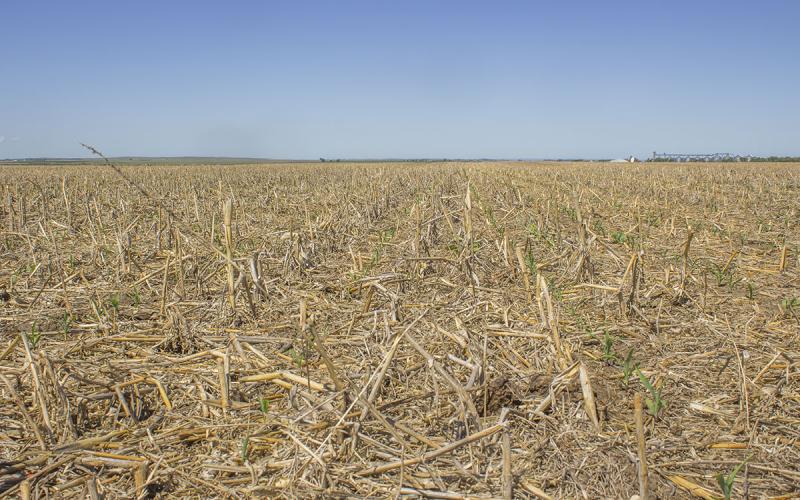
Dry Conditions May Hinder the Performance of Recently Applied Preemergence Herbicides
If a preemergence herbicide does not receive an activating rainfall, generally 0.5 to 1 inch of rain, many weeds will emerge, as the herbicide remains on the soil surface.
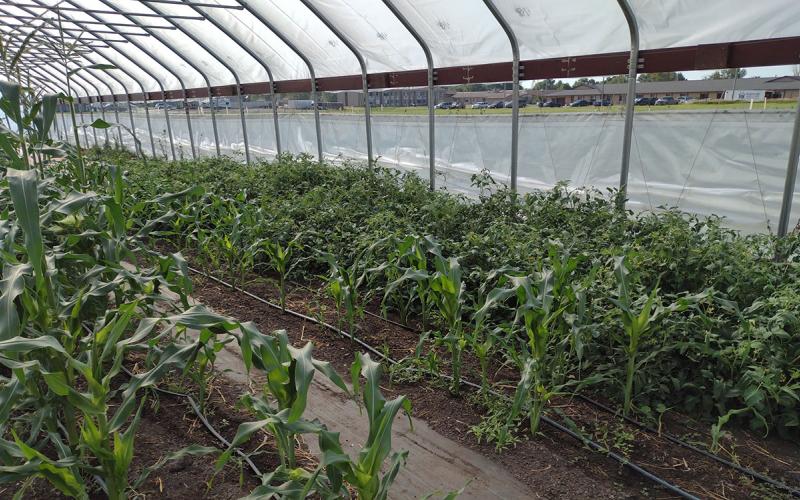
SDSU Extension 2025 Garden Hour series starts May 6
May 02, 2025
/garden-yard/problems-and-solutions
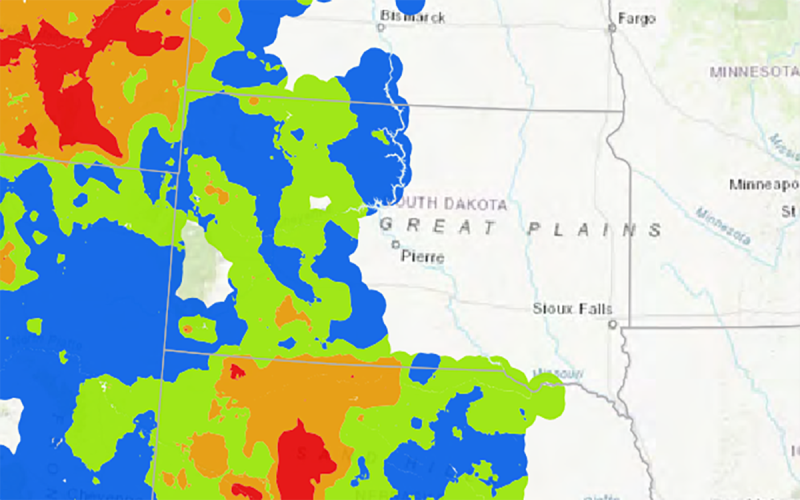
South Dakota Grasshopper Prediction for 2025
In 2025, it is likely that grasshopper populations will once again reach levels capable of causing issues in some areas of the state. Scouting should begin shortly after planting in areas where they were problematic in 2024 and continue throughout the growing season.
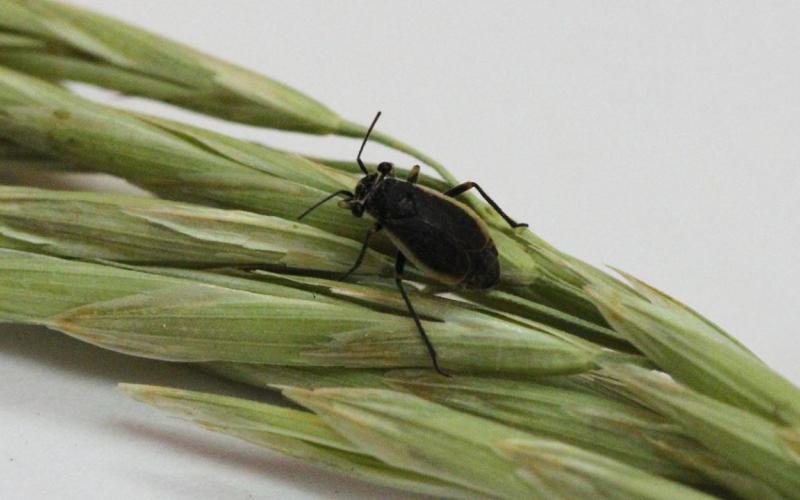
Black Grass Bug Activity Ramping Up
Black grass bugs feed on fresh green growth, which can result in stunted plants and decreased forage quality. Monitoring and potential management of black grass bugs will be of increased importance this spring, especially if drought persists.
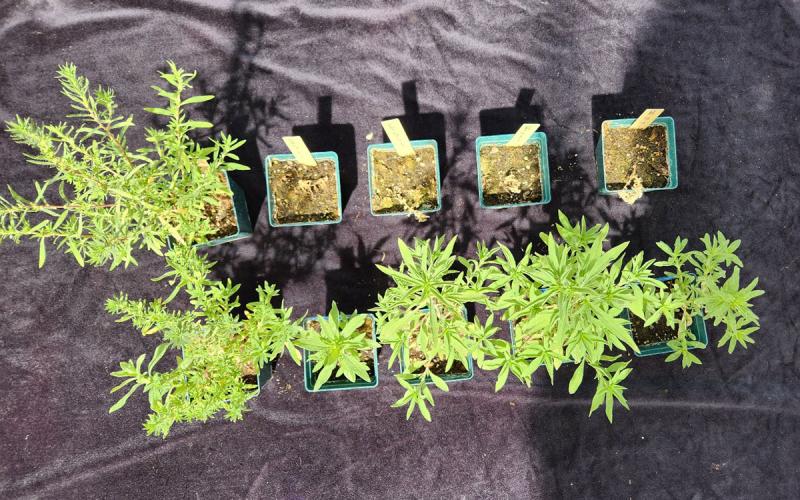
Saflufenacil-Resistant Kochia Confirmed in South Dakota
Saflufenacil is an herbicide that can be applied at a burndown timing before most South Dakota crops to effectively manage kochia. However, overreliance on saflufenacil has selected for resistant kochia in our region.